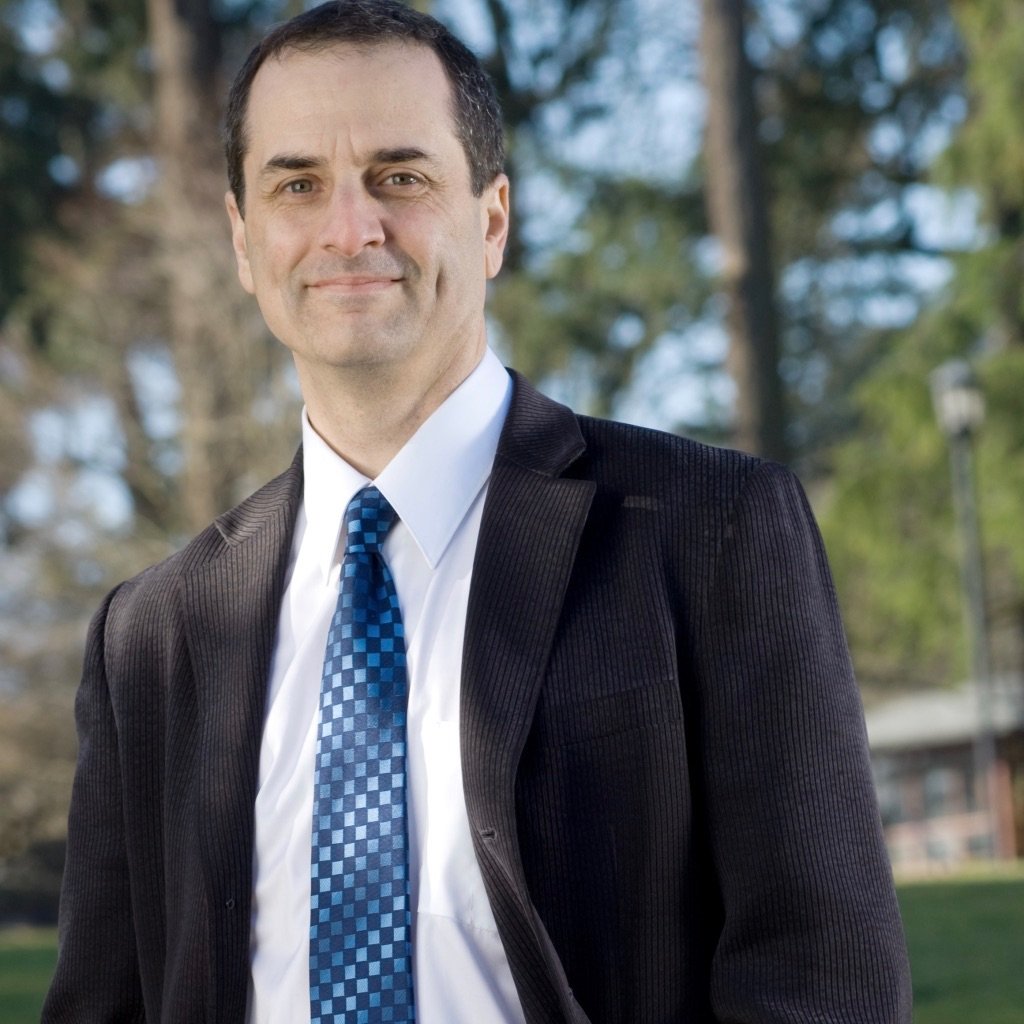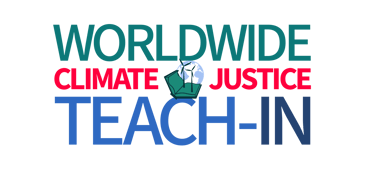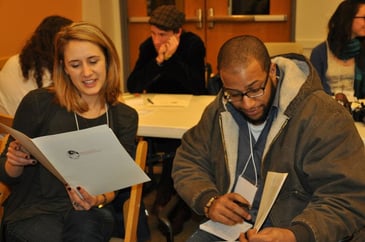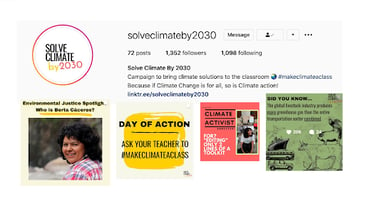Africa Leads The WorldWide Teach-in on Climate and Justice
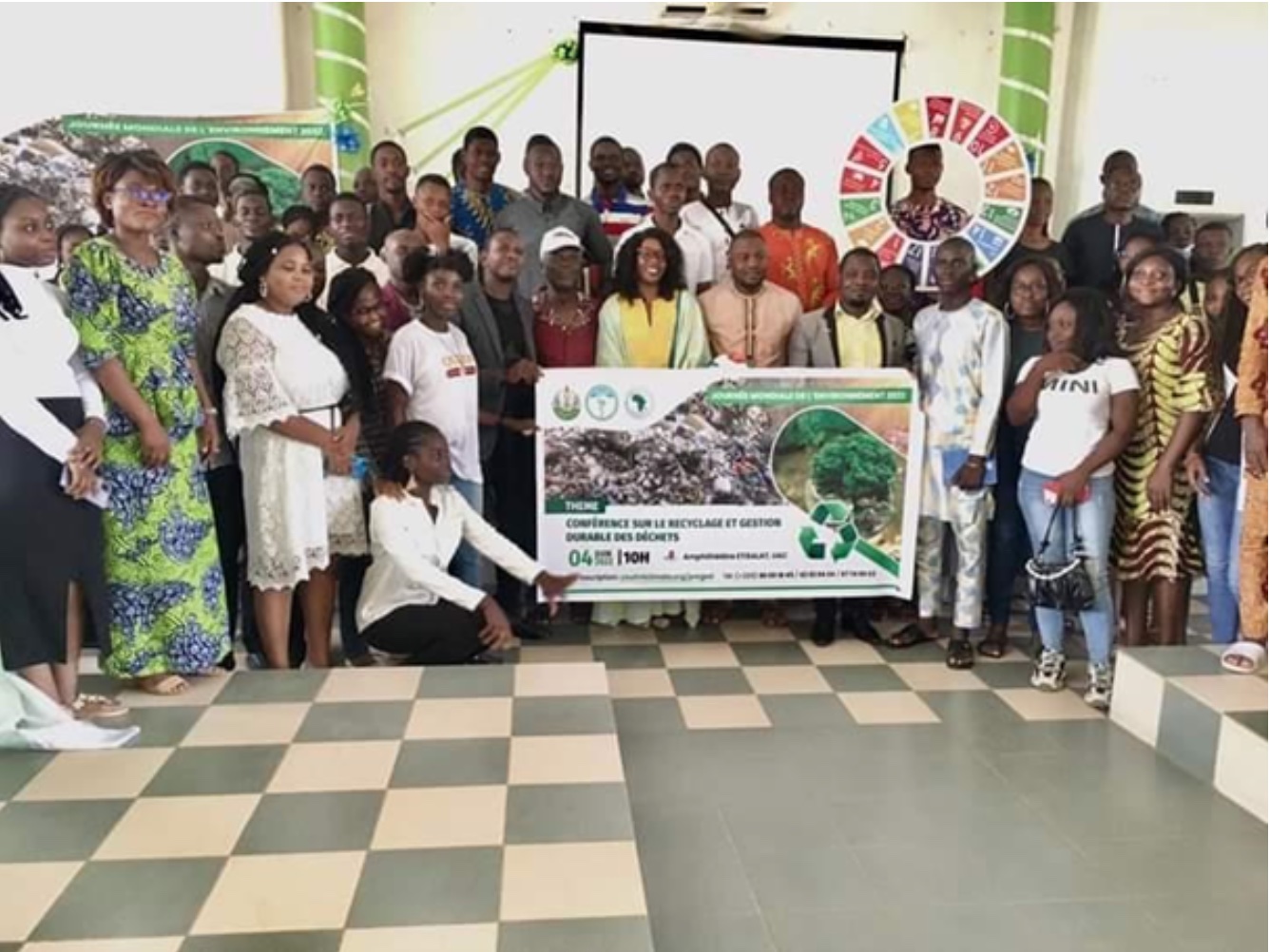
In March 2022, over 350 colleges, universities, high schools, primary schools and other institutions in more than 60 countries-- and over 50,000 people-- participated in the WorldWide Teach-in on Climate and Justice. Under the leadership of several African NGOs, Africa held 50 in-person Teach-Ins in 22 countries, more Teach-In's then any other continent except North America. Teach-In's were held in French, English, Arabic and some African local languages and dialects. These events, including a two-day Pan-Africa virtual Teach-In, engaged over 2,500 people.
In this video, David Boumzina of Green Africa Hope Organization (GAHO), Juwonlo Oloyede of the International Support Network for African Development (ISNAD) and Joel Eboa of the African Network of Young Leaders for Peace and Development (ANYL4PSD) talk about the impact of these solutions-oriented educational events-- held mostly in primary schools and high schools.
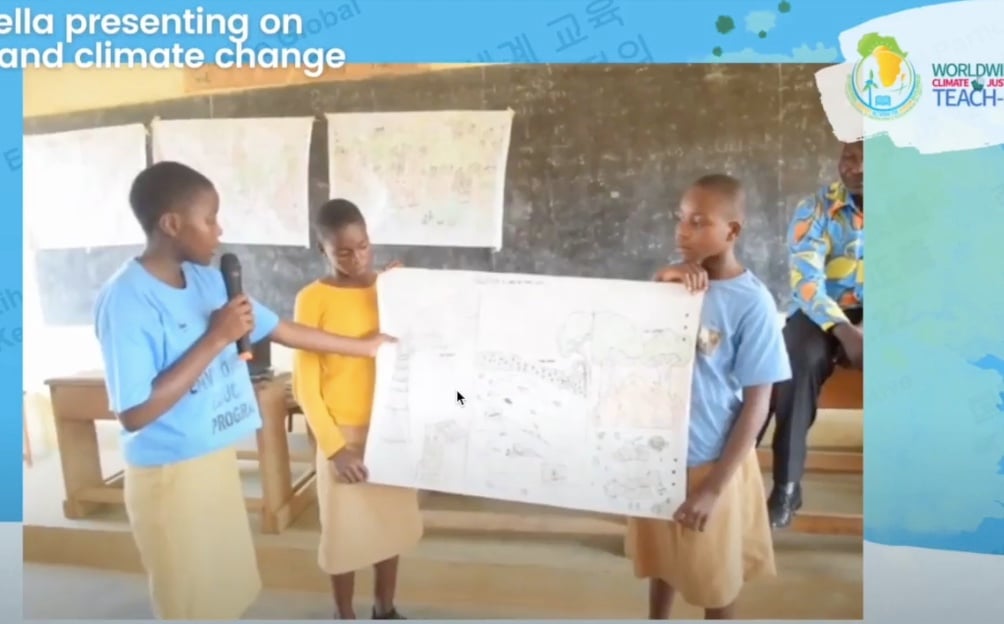
The main takeaway? Encouraging students to take the lead in teach-in projects led to strong engagement, including the formation of a number or club chapters to carry the work forward. Eboa noted that the "African Teach-In events triggered a lot of hope among participants. A Climate Justice community has been set up." He added that "There are many young leaders members of the climate justice community, engaged in the teach-in, who want to take their education to the next step."
The Teach-in organizing in Africa was made possible by a Swift Grant through Lever for Change, a nonprofit affiliate of the MacArthur Foundation. The grant enabled global Teach-In organizers based at Bard College in New York to partner with the Waterloo Institute for Sustainable Energy (WISE) at the University of Waterloo in Canada. Bard and WISE worked through their connections to help engage networks of NGO's in Cameroon, Nigeria, Kenya and other countries. Content from the African teach-ins can be viewed here and here.
Building on the past year's success, in 2023, the Teach-in Organizers hope to engage 1000 colleges, universities and other institutions, targeting 500,000 participants—or more. “There are tens of thousands of climate-concerned educators around the world”, said Project Director Goodstein. “The Teach-in provides a global platform for us to work together, from Africa to Canada to the US, to equip the rising generation with the tools and mindset to solve the climate crisis”.
The WorldWide Teach-in on Climate and Justice, is a project of the Graduate Programs in Sustainability (GPS) at Bard College, with support from the Open Society University Network.The GPS degree programs at Bard include MS degrees in Environmental Policy and Climate Science and Policy; the M Ed In Environmental Education, and the MBA in Sustainability, ranked the #1 Green MBA for 2021 and 2022, and among the top 10 MBA’s nationwide for NonProfit Management for both years as well by the Princeton Review.
